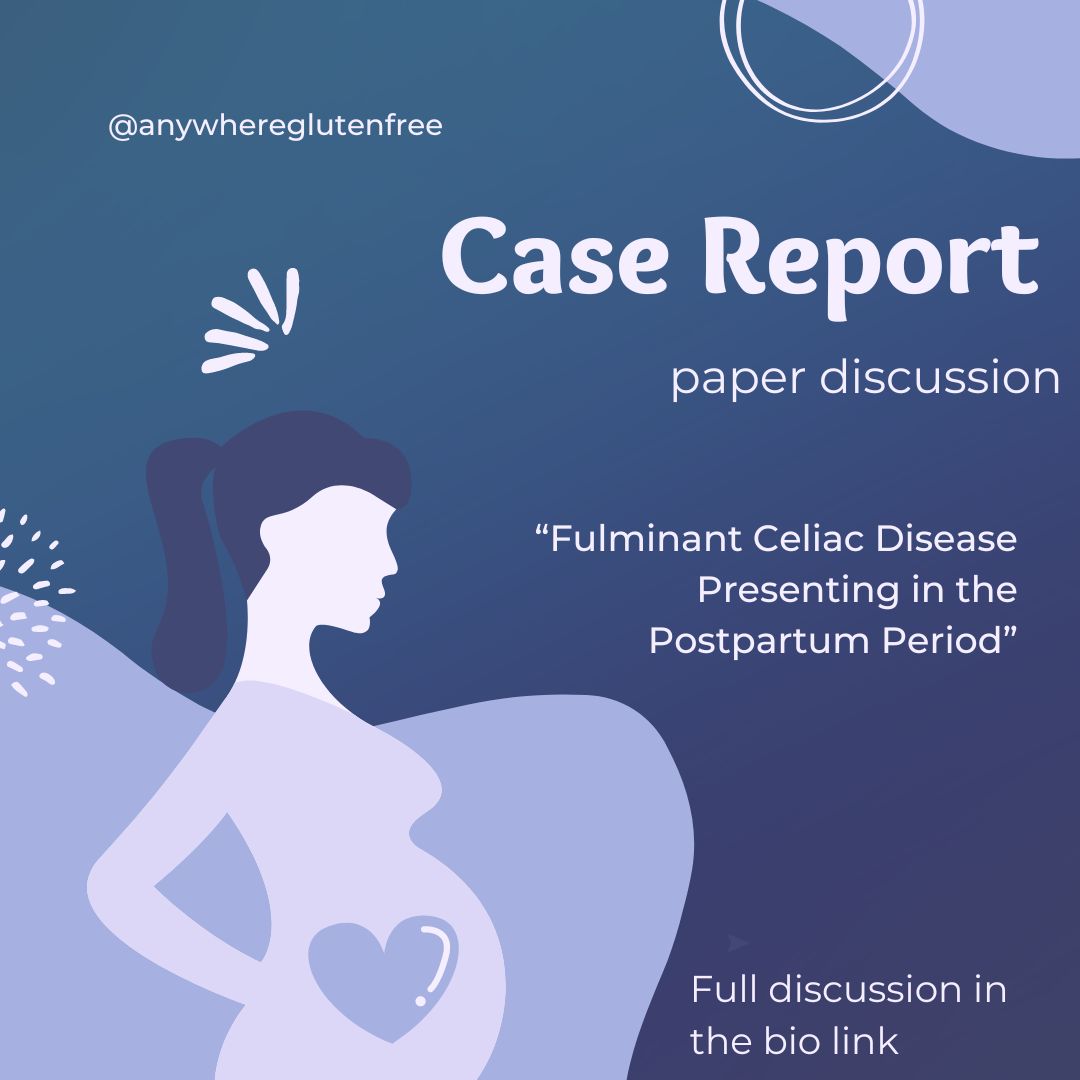Hi everyone,
In this blog post, we’ll explore a case involving an asymptomatic 78-year-old man with a history of longstanding celiac disease. He was incidentally diagnosed with cirrhosis of the liver during a computed tomography (CT) scan for another health issue. This case raises questions about the connection between celiac disease and liver problems and the potential impact of a gluten-free diet on both.

The not so unusual Discovery – Cirrhosis in a Celiac Patient
Our story begins with an asymptomatic 78-year-old gentleman who has been living with celiac disease, atrial fibrillation, heart failure, type 2 diabetes mellitus, and chronic kidney disease. He recently underwent a routine computed tomography (CT) scan for monitoring a thoracic aortic aneurysm. Surprisingly, the scan revealed a cirrhotic liver, a condition typically associated with excessive alcohol consumption but not expected in this case.
Examining the Clues – What the Tests Showed
Further investigations were carried out to understand the underlying causes of this cirrhosis. Laboratory tests showed elevated levels of alkaline phosphatase and tissue transglutaminase (TTG), a marker associated with celiac disease. Importantly, tests for other common liver diseases like autoimmune hepatitis, genetic conditions, and liver damage due to medications all turned out negative.
Ruling Out Other Possibilities – Metabolic and Lifestyle Factors
The patient’s medical history didn’t provide clear explanations for his liver condition. His diabetes was well-controlled, and he had no issues with weight, lipids, or alcohol consumption. This eliminated the possibility of metabolic or lifestyle factors playing a significant role in the cirrhosis.
The Smoking Gun – Untreated Celiac Disease
The most significant clue came from the patient’s untreated celiac disease, which he had been living with since infancy. Despite not showing symptoms for many years, the patient’s TTG levels were alarmingly high. In the absence of other risk factors, such as excessive alcohol consumption or other liver diseases, the untreated celiac disease emerged as a plausible cause of the cirrhosis.
The Connection – Celiac Disease and Liver Health
This case serves as a real-life example of cirrhosis found incidentally in a long-standing, untreated celiac disease patient. It highlights an essential point: celiac disease isn’t just limited to the gut; it can impact various parts of the body, including the liver.
The Bigger Picture – Understanding the Relationship
Research has shown a higher incidence of celiac disease in patients with cirrhosis, suggesting a connection between the two. This underscores the importance of monitoring liver function in celiac patients and screening cirrhosis patients for celiac disease during their initial evaluation.
The Power of a Gluten-Free Diet
Finally, this case reinforces the significance of adhering to a gluten-free diet for individuals with celiac disease. Compliance with this diet can potentially halt or even reverse the progression of celiac-associated liver damage, protecting the body from further harm.
In conclusion, this real-life story illustrates how celiac disease can have unexpected consequences on liver health. It also emphasizes the need for awareness, monitoring, and dietary compliance to manage this complex condition effectively.
Personal opinion:
I must emphasize that this individual was fortunate to have only developed liver disease as a consequence of untreated celiac disease. It’s well-documented how untreated celiac disease can rapidly lead to a multitude of other serious health issues. While I’m not here to pass judgment on anyone, it’s crucial to stress the importance of taking known diseases seriously. Loving oneself means prioritizing health and seeking proper care. So, please, take care of yourself and your well-being. 😉💕
Publication reference: “Incidentally Discovered Cryptogenic Cirrhosis in a Patient with Untreated Celiac Disease” by Yost et al, Galician Medical Journal 2023 | Volume 30, Issue 3 | Article E202336
https://ifnmujournal.com/gmj/article/view/E202336/E202336HTML
Disclosure
Please note that this blog discusses scientific publications related to celiac disease, autoimmune diseases, and personal experiences. I am a pharmacist with a Ph.D in immunology and a post-doctorate in gastroenterology so I enjoy reading publications 😁. By the way, my mom and I are both celiacs.
It is important to remember that scientific research is an ongoing process and findings can change over time. While I strive to present accurate information based on the publications I review, my discussion of these publications should not be taken as a confirmation of their findings.
It is also important to keep in mind that there is still much that is unknown about celiac disease, autoimmune diseases, and their treatment. Therefore, any information presented on this blog should be considered in the context of the discussed publication and should not be used as a substitute for professional medical advice.
We encourage readers to discuss any questions or concerns they may have about diseases with their healthcare provider, who can provide individualized guidance based on the latest clinical practice guidelines.



Leave A Comment
You must be logged in to post a comment.